From New-ARC wildlife:
http://www.new-arc.org/index.html
If you see a baby alone, don’t just assume it’s orphaned. Many animal mothers watch their babies from afar and a lot of babies that come into rehab are kidnapped by well-intentioned people who would be better off leaving them alone.If the animal appears sick or injured, contact a rehabilitator immediately. If not, are you able to find the nest or den it came from? Is it intact? If so, place the baby back in the den. Not sure, call a rehabilitator! Reuniting it with the mother may be possible. Depending on the species, reuniting methods may differ so it is always a good idea to consult with a rehabilitator to decide how best to attempt a reunion. For the most part, you can put the baby in a shallow box with a soft cloth and hot water bottle if needed to keep it warm. Keep an eye on the baby from a distance. If the mother is around it will not come back while people are in the area. If the baby is still there after a few hours call a rehabilitator. If the baby is a opossum it is most likely orphaned. Mother opossums are constantly wandering and generally do not notice if a baby drops off. They just keep moving on so they are not likely to go back to look for the little one either.
Found a baby? Click here for more information on potentially orphaned wildlife.
Two Important Things:Always wear gloves when handling animals and NEVER try to feed the baby. Especially do not try feeding cow’s milk or human baby formula to any baby mammal. A rehabilitator can advise you on how to try to rehydrate the animal if there is going to be a delay transporting the animal. If they are truly orphaned or injured they are most likely in shock. Feeding them will only cause more problems and can even cause their death.

